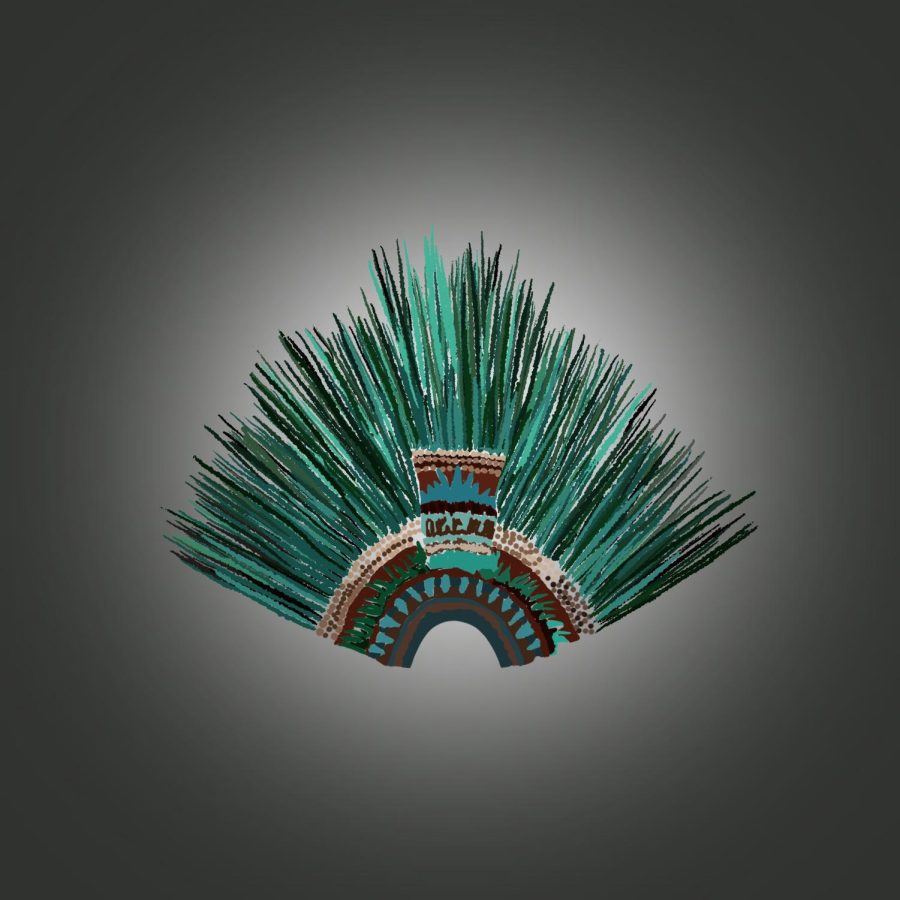Do stolen artifacts belong in their country of origin?
September 20, 2022
The globalization of the world has created an international exchange of cultures, religion, cuisine, art, language, music and historical artifacts. While this exchange has created appreciation and curiosity for other countries, its beginnings are not the most positive. The colonization of the Americas by Europe did not only mean that the Europeans were going to use the resources of the present civilizations, but it also meant that they were there to steal those resources and take them back to the Old World.
One of the many artifacts stolen was the headdress of Montezuma II. The headdress was taken from Mexico in 1521, during the period of colonization and sent to Austria, where it has been for the last 500 years. Mexico first asked for the headdress to be given back in 1991, but to no avail. In October of 2020, Mexico’s First Lady Beatriz Gutiérrez Müller traveled to Austria to request the return of Montezuma II headdress, so it could form part of an exhibit that celebrated the bicentenary of Mexico’s independence from Spanish rule. But the Austrian Museum of Ethnology declined the request, stating that the artifact is very delicate and could not survive the journey to Mexico in one piece.
While it can be understood that because of the delicacy of the artifact, it is essential to keep it safe, to refuse the request for return to its home country is quite disrespectful. Montezuma’s headdress was stolen, meaning that it is not for Austria to have, much less decide that it should not be moved. It belongs in Mexico, in its home and with its people, since it is an important part of Mexican history and culture. A culture that is slowly fading away because of colonization.
Stolen artifacts should not be exhibited in countries or museums where they do not originate. It is unethical for these countries and museums to act as if they own stolen artifacts just because they were the one to “find” them. Museums have a lot of audacity to repeatedly deny the return of the objects to their countries of origin, and continue to profit either financially or culturally from objects that they have no connection to at all.
Although countries like Austria should return stolen artifacts, it does not signify that museums or countries should not have foreign objects, but that they should instead opt to having them with permission. Many museums around the world have exhibitions with artifacts and objects from other countries and cultures, but they do it in partnership with them. It is done to create an appreciation and spread knowledge about the other culture in a way that benefits both sides.










